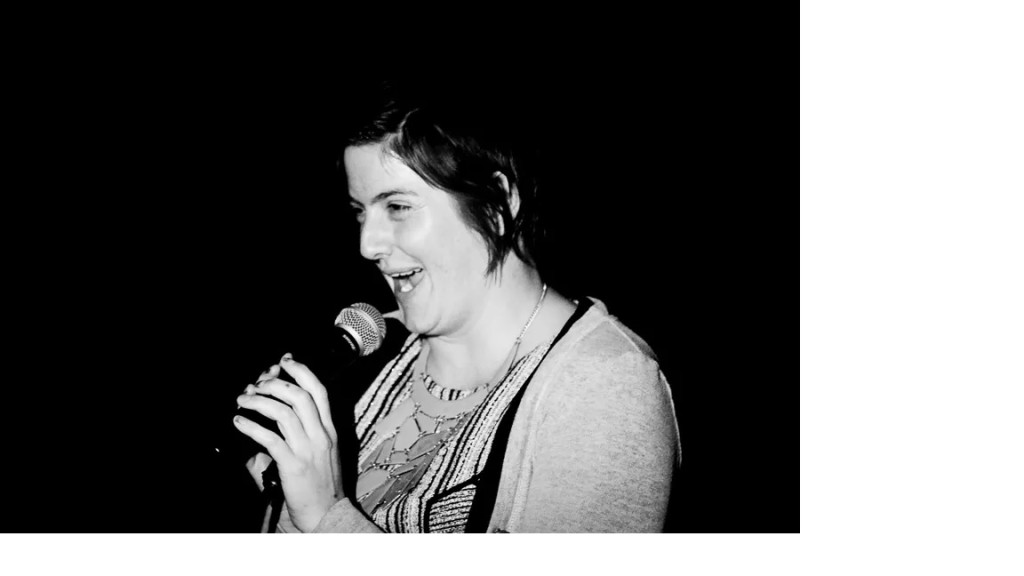
Last February at The Leonardo for its second “lovingly competitive storytelling night,” as Giuliana Serena describes it, The Bee: True Stories from The Hive asked participants to tell stories on the theme of attachment. As customary, Serena and her co-founder, Francesca Rosa, set the contours for the theme broadly, and some stories certainly were reflecting painful, embarrassing experiences.
And, then Ashley Sanders stepped onstage to tell the undoubtedly awkward experience of getting her period at the wedding of her ex-fiance’s best friend. “It was side-splitting funny and many audience members were in tears with laughter,” Serena, who works as a menstrual cycle educator as well as counselor about rites and rituals for Moontime Rising. “I loved it and the audience clearly commiserated with her as she recalled the details.” The judges for the evening agreed.
In just six months, The Bee – modeled on other story telling venues such as public broadcasting gems The Moth Radio Hour – has rocketed to one of the city’s most popular small venue events. “In December, at our first event at the Urban Lounge, we were prepared to call it a success if 100 people showed. Then, more than 220 came. We were surprised that no one in the city hadn’t already started an event like this.” (Incidentally, The Moth Radio Hour event is in 22 cities, not Salt Lake City.)
Held every second month at rotating venues (Urban Lounge and The Leonardo), The Bee has become an unconditional success, drawing audiences and participants ranging in age from their 20s to their 70s. And, The Bee is coming to The Big Mouth Stage for two performances at the Utah Arts Festival.
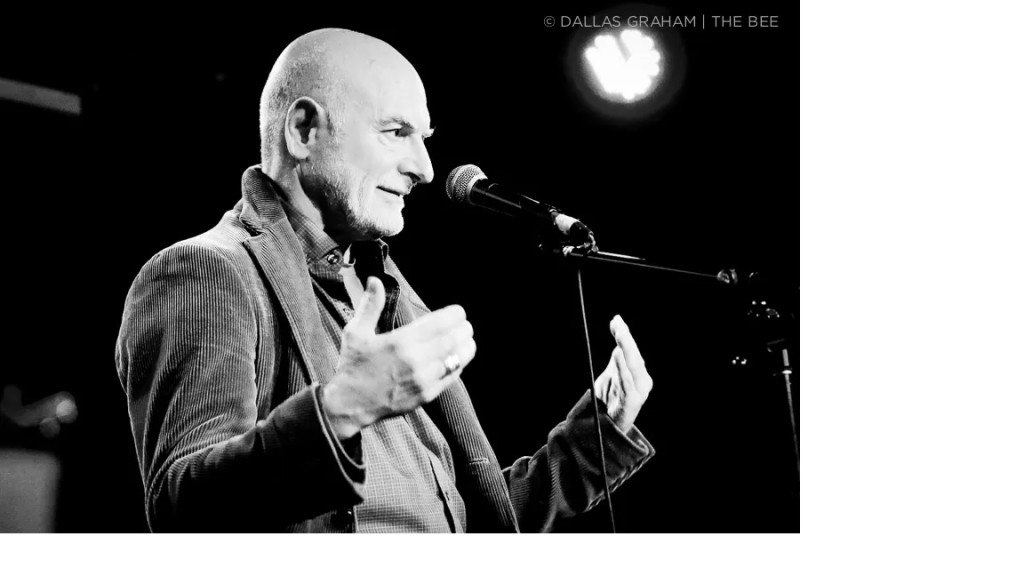
One will be just like the group’s regular events (June 26, 7 p.m.): 10 local storytellers (selected from a group that either indicates in advance their willingness to get the opportunity to perform and others who drop their names into a hat at the event’s door) will be given five minutes each to tell their story based on the theme: ‘Outside the Lines: Stories of Transcendence and Transgression.’ “There is no preferential treatment and everyone has an equal chance of being selected,” she says.
For the second June 27, 7 p.m., The Bee has asked six local artists – Dallas Graham, Skyler Chubak, Hikmet Sidney Loe, Latoya Rhodes, Joan Nabors and Jann Haworth – to relate stories based on ‘Process: The Struggle To Make Art Work.’ “We’re encouraging them to share their own accounts about the sweat, blood and tears they go through in making their specific form of art,” Serena adds.
The Bee follows a few simple, effective rules. Stories are wholly uncensored, must be based on the event theme for the evening, and must be true. “We don’t ask for proof but we certainly can determine if the story indeed is true, even if the storyteller uses literary effect to emphasize the elements of their story,” Serena explains. No unauthorized recording of stories is permitted, unless the storyteller has given permission. The Bee has recorded audio of the stories as part of a project to build a depository of work featured but it is still in the formative stages, she adds.
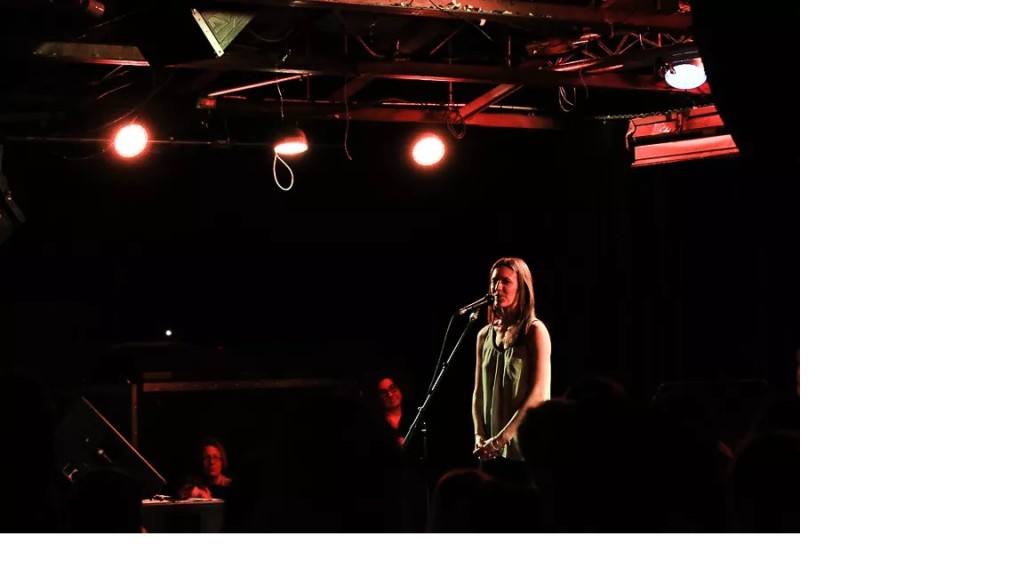
Perhaps the foremost rule is that The Bee event is a safe space for all participants. Serena encourages the audience to be courteous, which means silencing mobile phones and avoiding banter in the middle of a performance, and especially not to vocalize any value judgments about social or moral character. A critical element, as she explains, is the storyteller’s capacity to bring the audience into the experience of the story’s details, especially as the storyteller is communicating as an emotionally transparent performer. The Bee organizers also keep the nature of the competition as light-hearted yet still serious enough as possible. Serena says the judges are paired, with one coming from professional literary or storytelling experience and the other being selected from the audience.
Serena says the impact for storytellers has been liberating even as they occasionally unburden details or aspects that they might otherwise not share particularly even with their family or friends. Some stories are being told for the first time while others are being shared but with details or a perspective that surprises those who heard the story before. At The Bee’s debut event, held just a week before Christmas last year, storytellers were asked to share their accounts on the theme of traditions. “My father [Steve Sternfeld] told a familiar story about our grandparents during the time he was growing up but it was completely different than how he had previously told it. The story was more hilarious than we had remembered it.”
There were many memorable stories for The Bee’s debut event focusing on traditions. Daniel Geery opened his story about rollerblading at Liberty Park – “and everybody immediately knew what he is talking about so he had their attention,” Serena recalls. He then spoke about experiencing shortness of breath and that Geery’s friend (who was a doctor) told him to make an appointment with a cardiologist immediately and when he went in for that appointment, the doctor told him he needed a pacemaker right away.
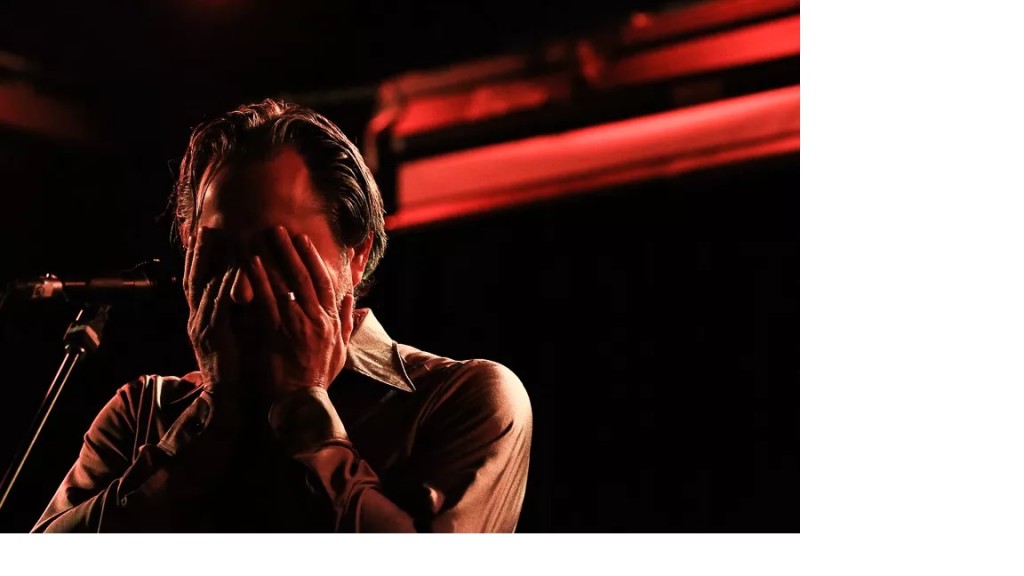
At the April event, the theme of ‘dirt’ which could be interpreted broadly as scandal and/or soil. While there were plenty of scandalous stories that riveted the audience’s attention, one standout was Dan Merkley’s experiences as a halfway house superintendent. “He talked about the living spaces that were plagued by dirt, soil and grime and how this at times seemed disgusting. However, he also cast an emotional empathetic light onto the people who are looking for ways to triumph from the literal filth they’re living in. He really captured how sometimes revealing the ugly underbelly of something can be strangely beautiful.”
Another story that evening, this time told by Celeste Chaney captured what Serena says was a gorgeously executed tale of dirt, as Chaney recounted how she broke off an engagement from a man that she definitely did not love enough to be married — which included some details about how planning for the wedding already had been underway — and ultimately she ended up being engaged to her ex-fiance’s boss.
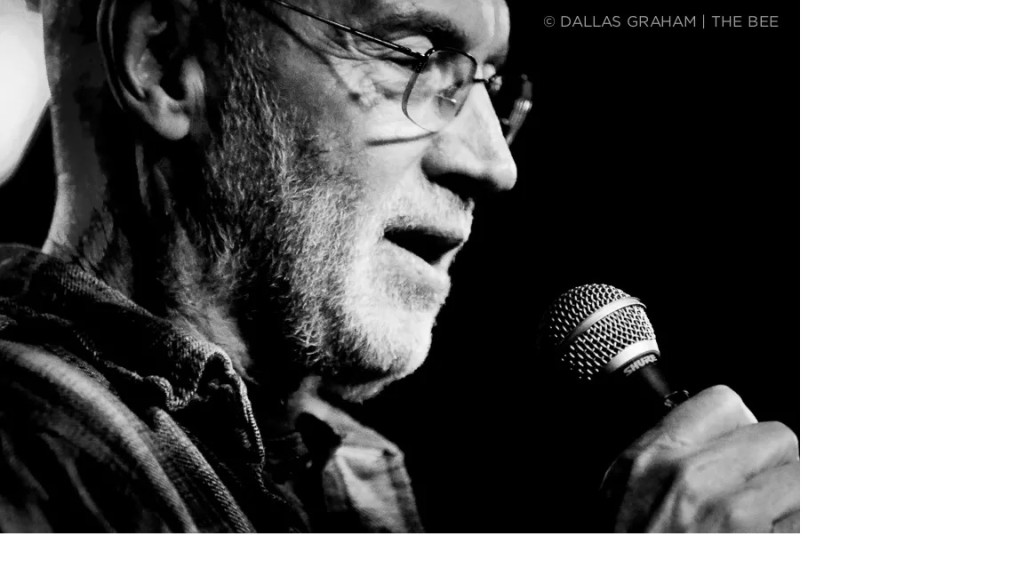
While Serena advises prospective storytellers that it would be prudent to practice their performance before the event, as clearly shown in Chaney’s well-told example — given the five-minute limit participants have — some are adventurous enough to do it spontaneously. “Some people do not realize just how nerve-wracking the public experience can really be. They might be blinded by stage lights or the presence of more than a couple of hundred of people. It does work to practice the story two or three times,” she says. “Some stories derail because they ran out of time. But there is plenty of room to accommodate for different styles and it is hard sometimes to tell if and how much a storyteller practiced.”
The Bee also is supported by KRCL-FM radio, Catalyst Magazine and Utah Humanities. Future events include Lost and Found (Aug. 12, Urban Lounge), Here and Hereafter (Oct. 15, The Leonardo), and Revelations (Dec. 10. Urban Lounge). For times and ticket information, see http://thebeeslc.org
